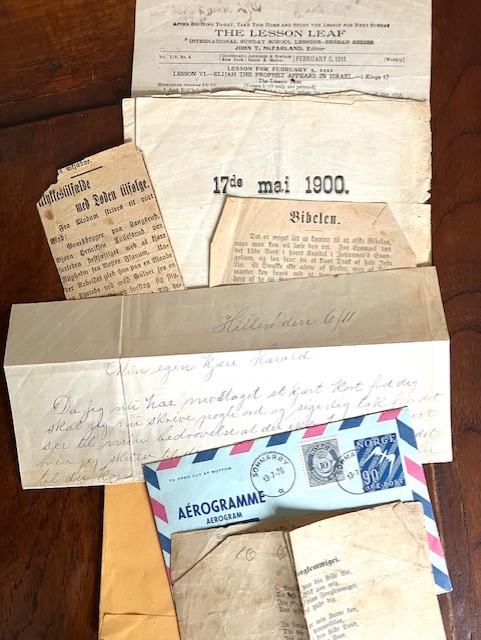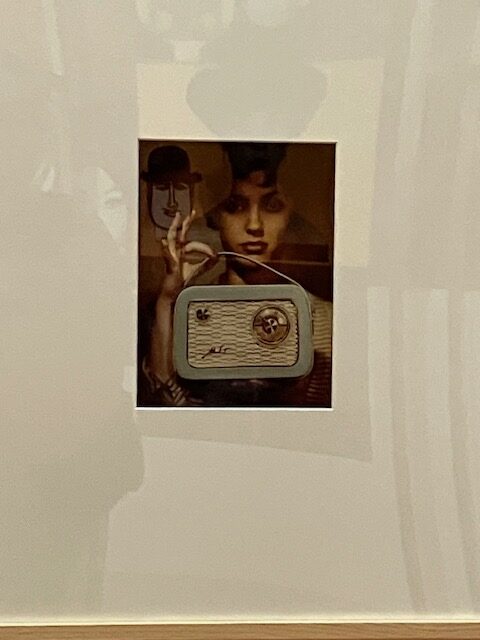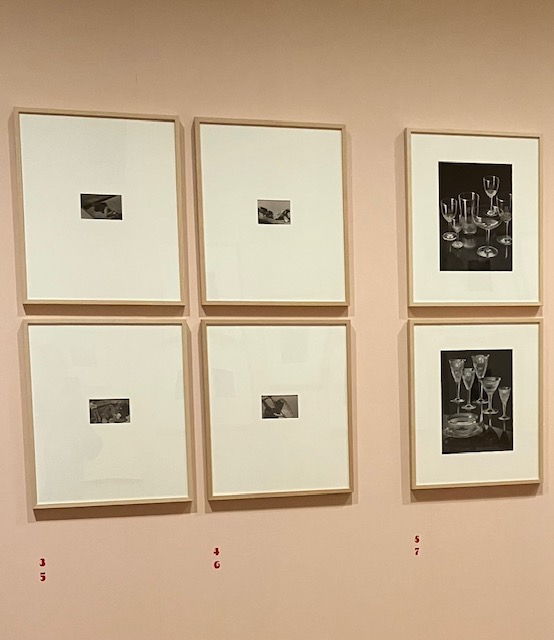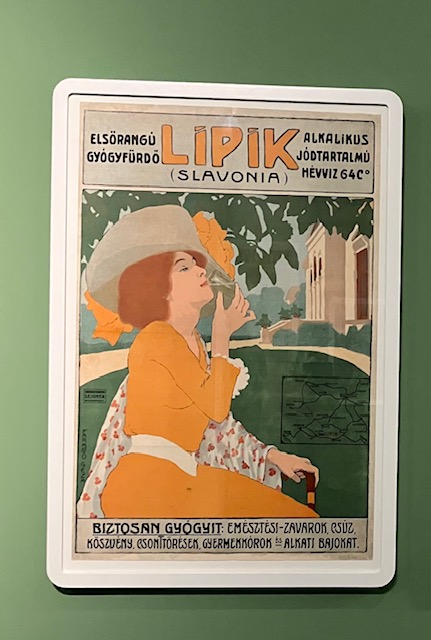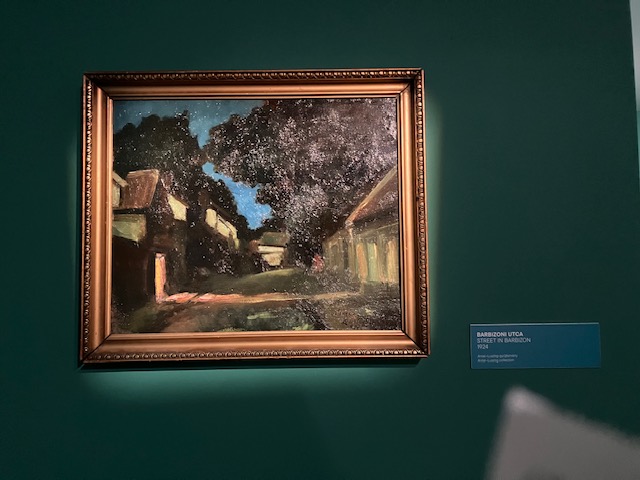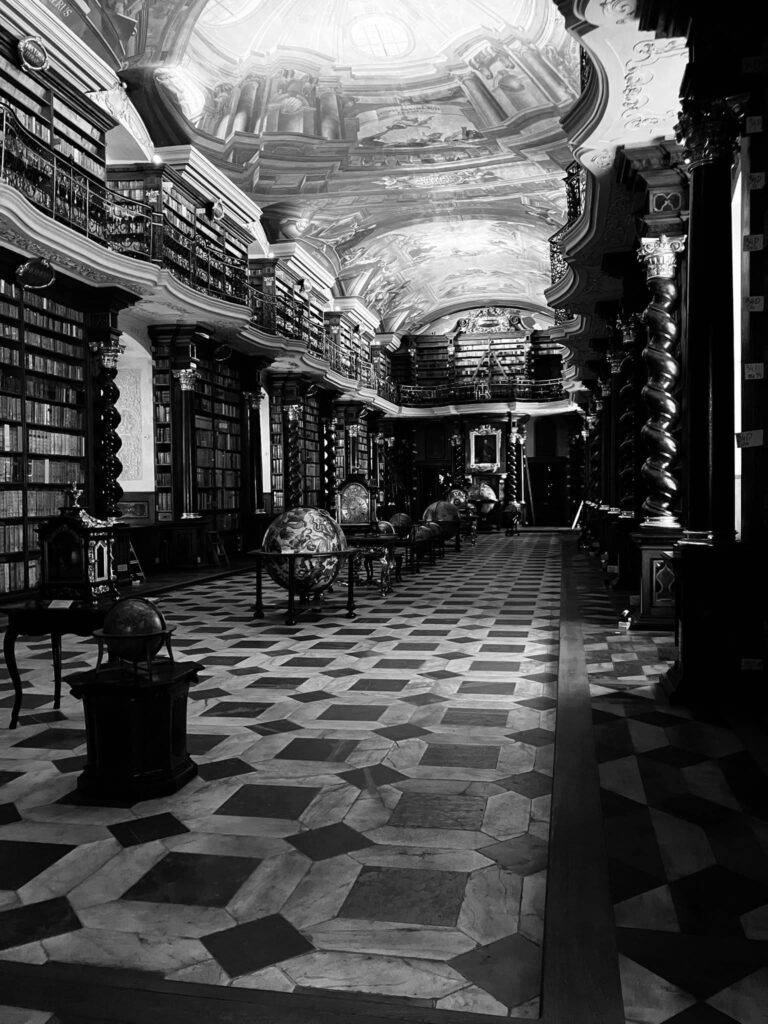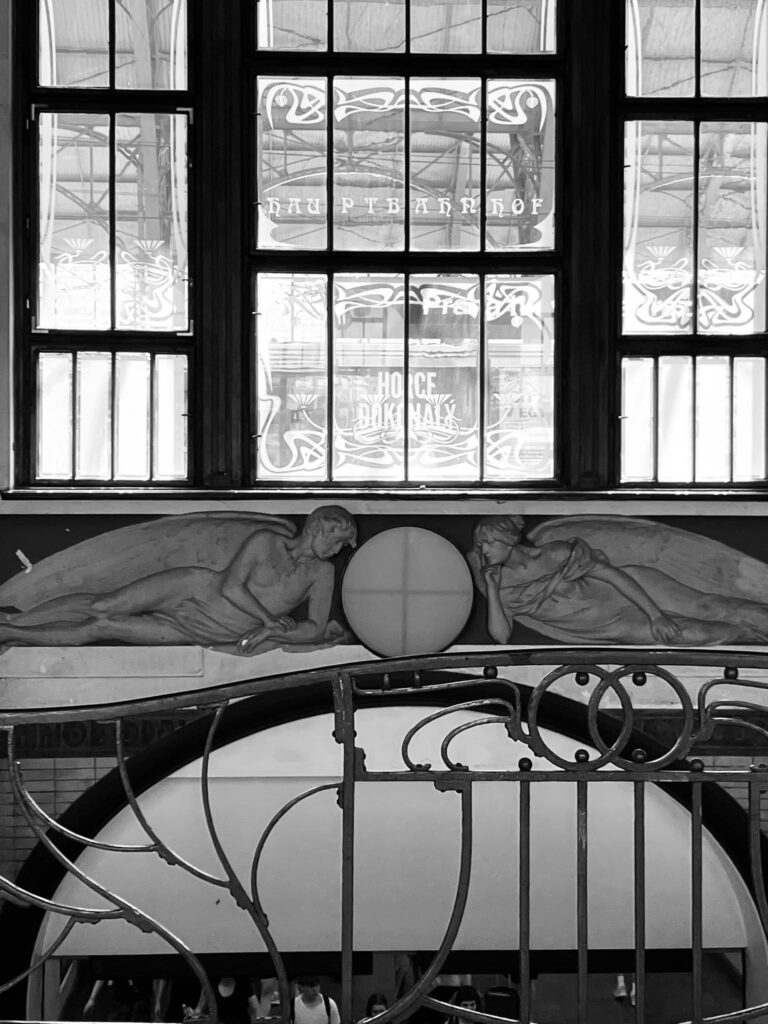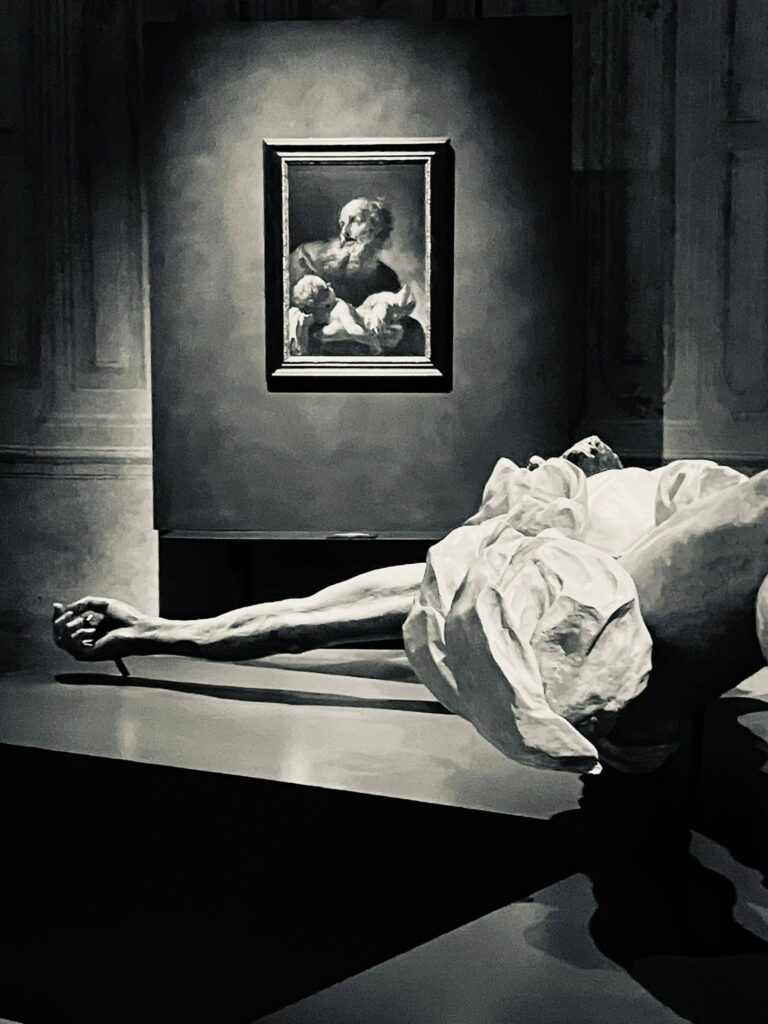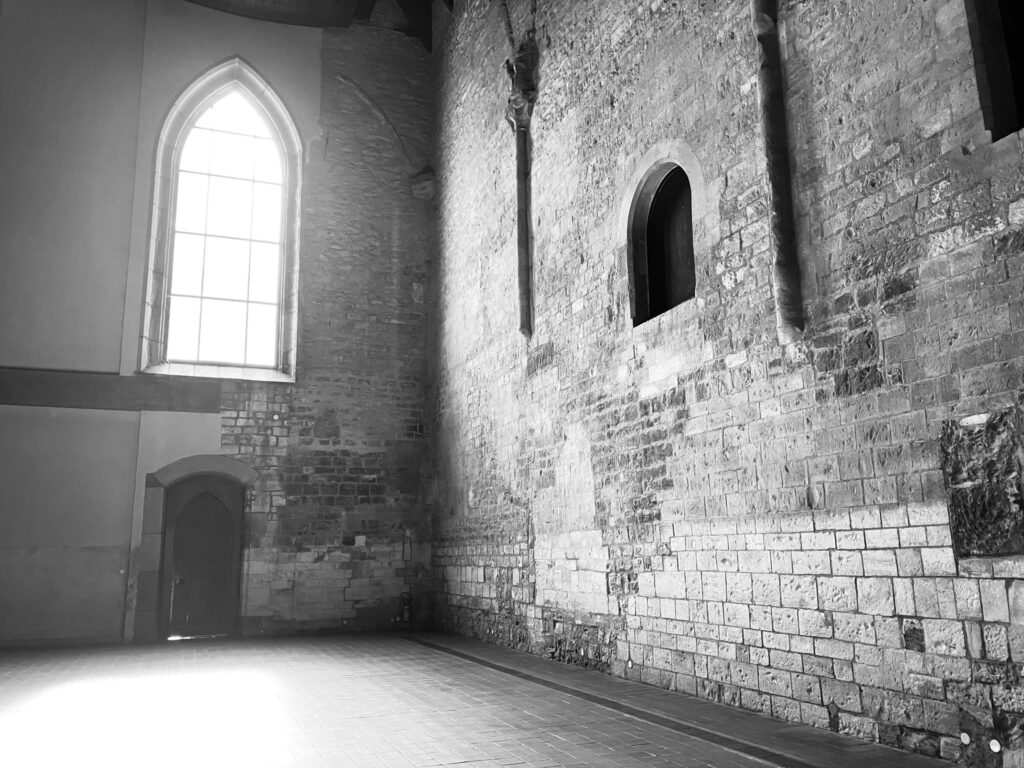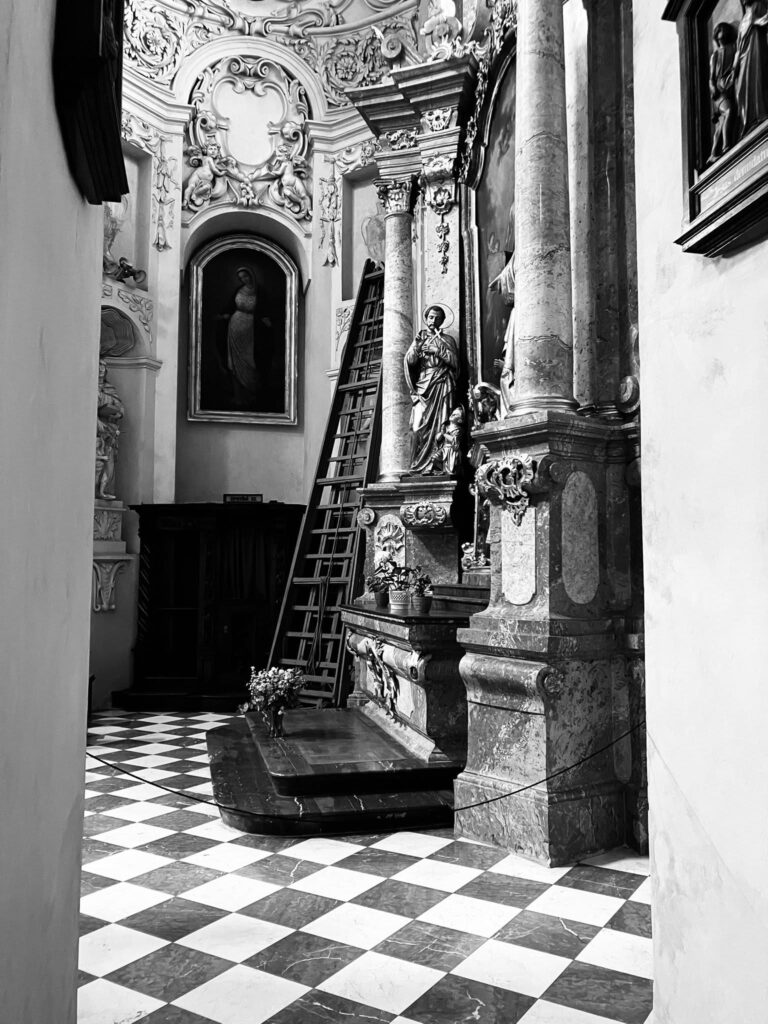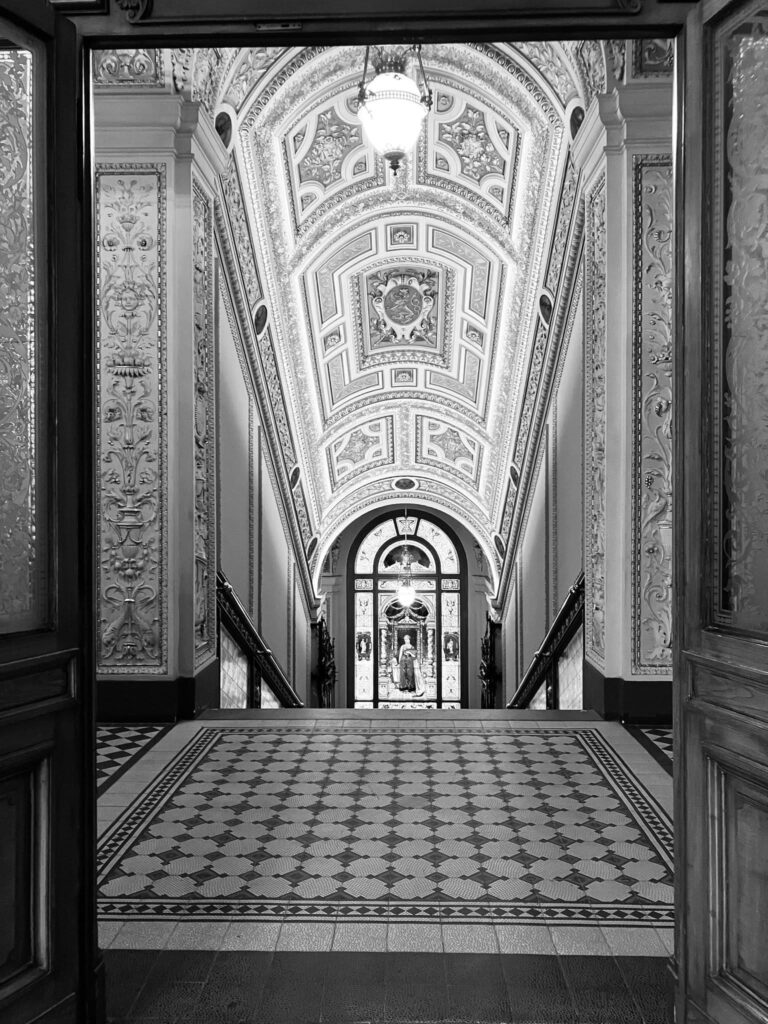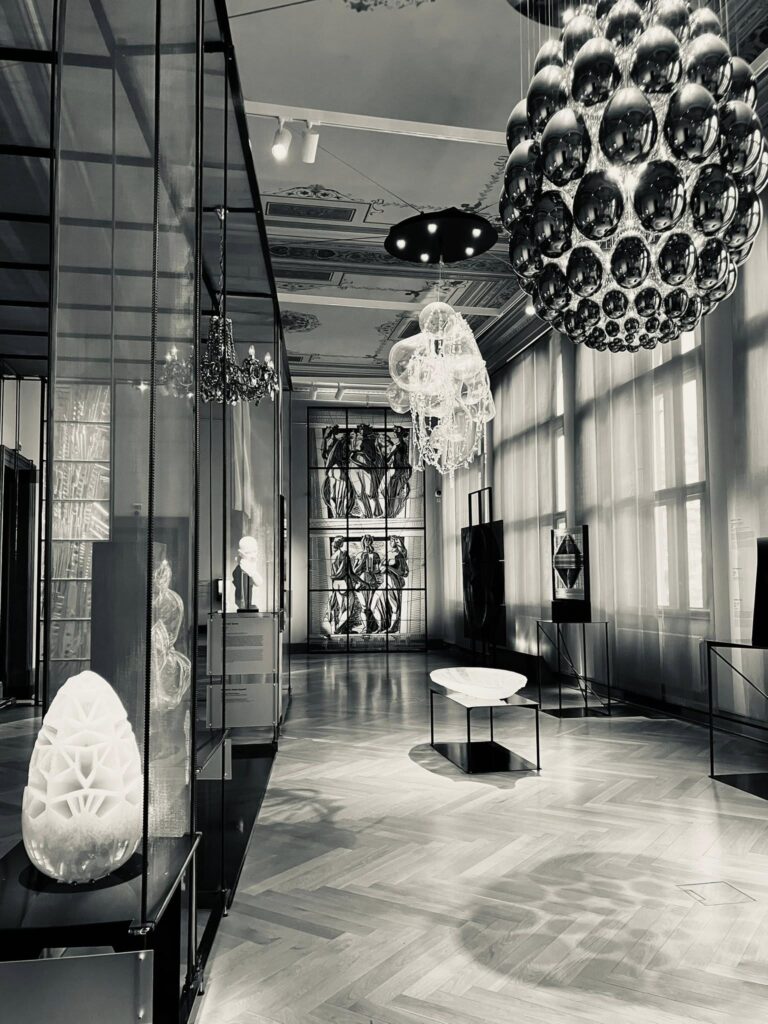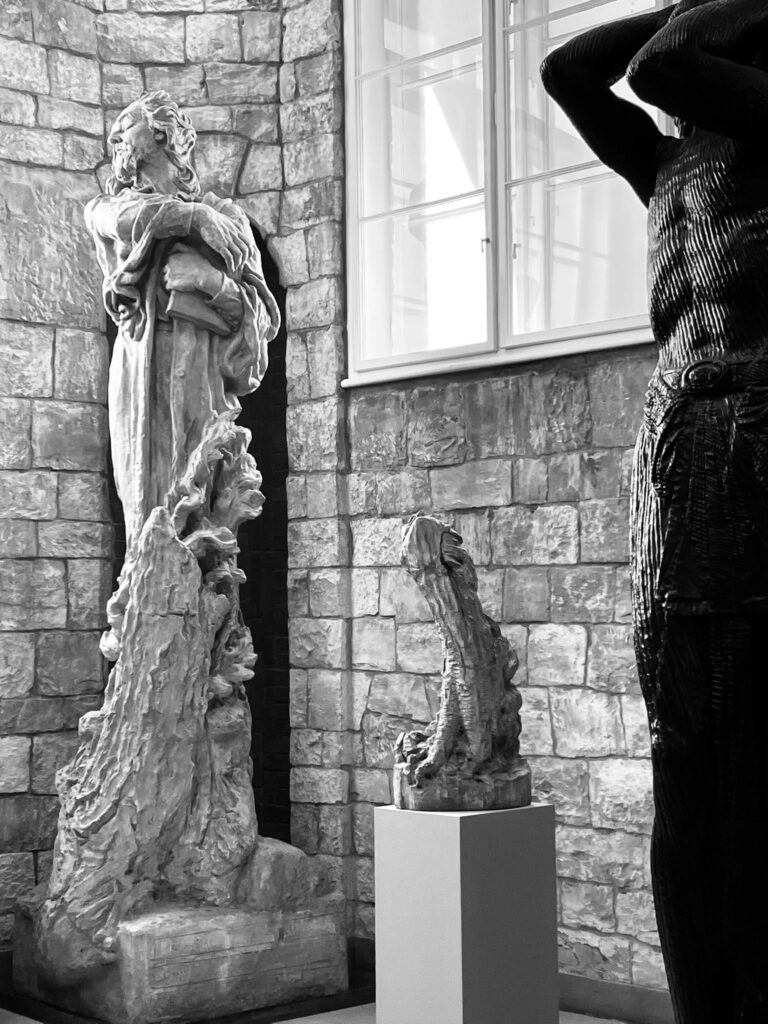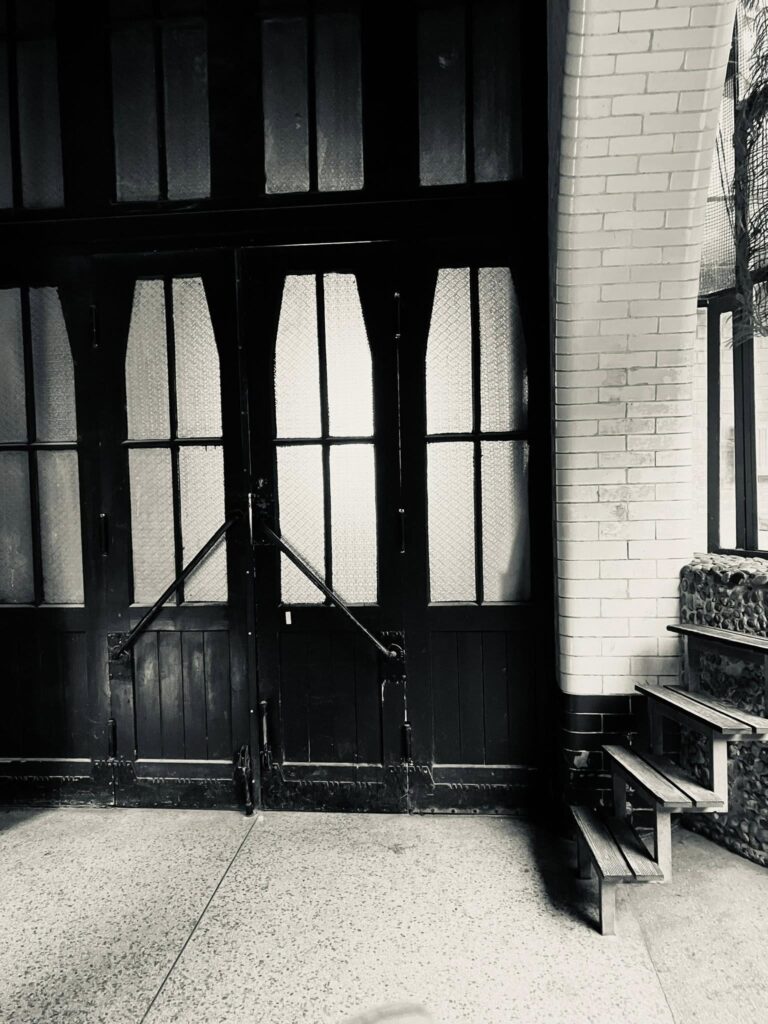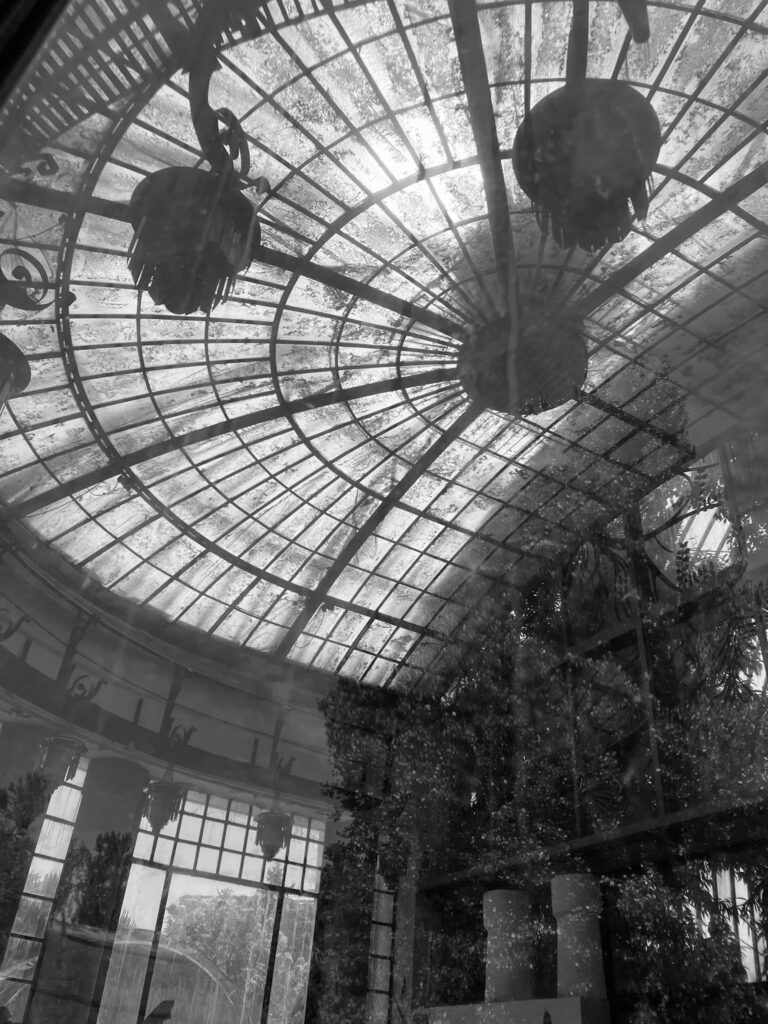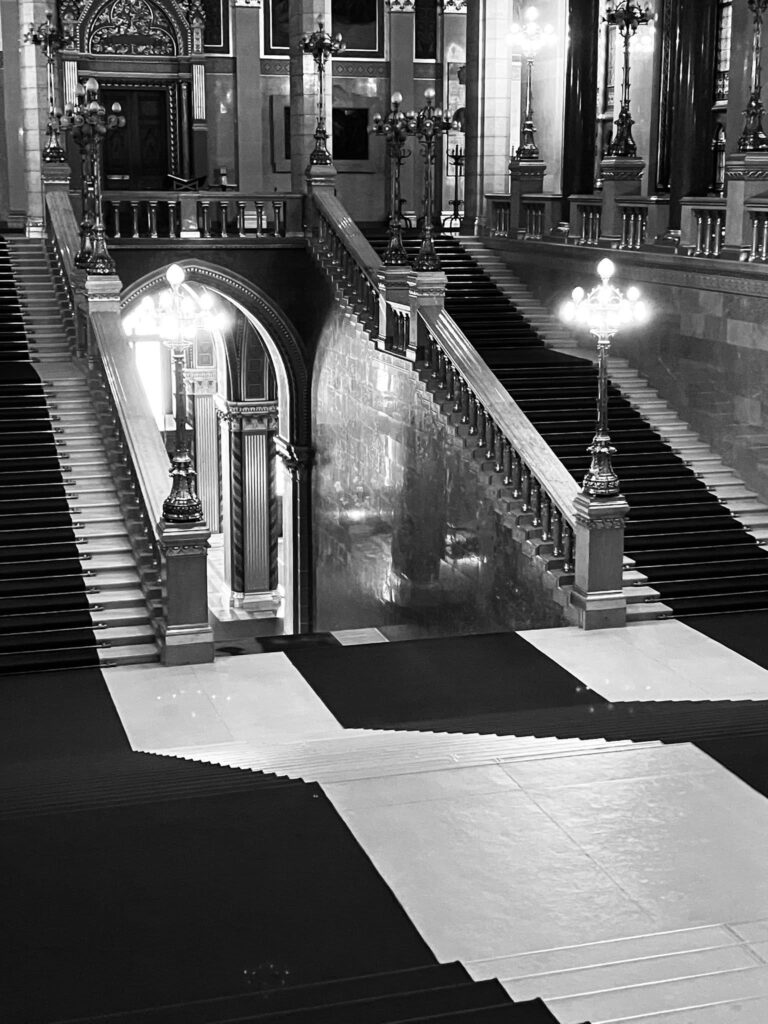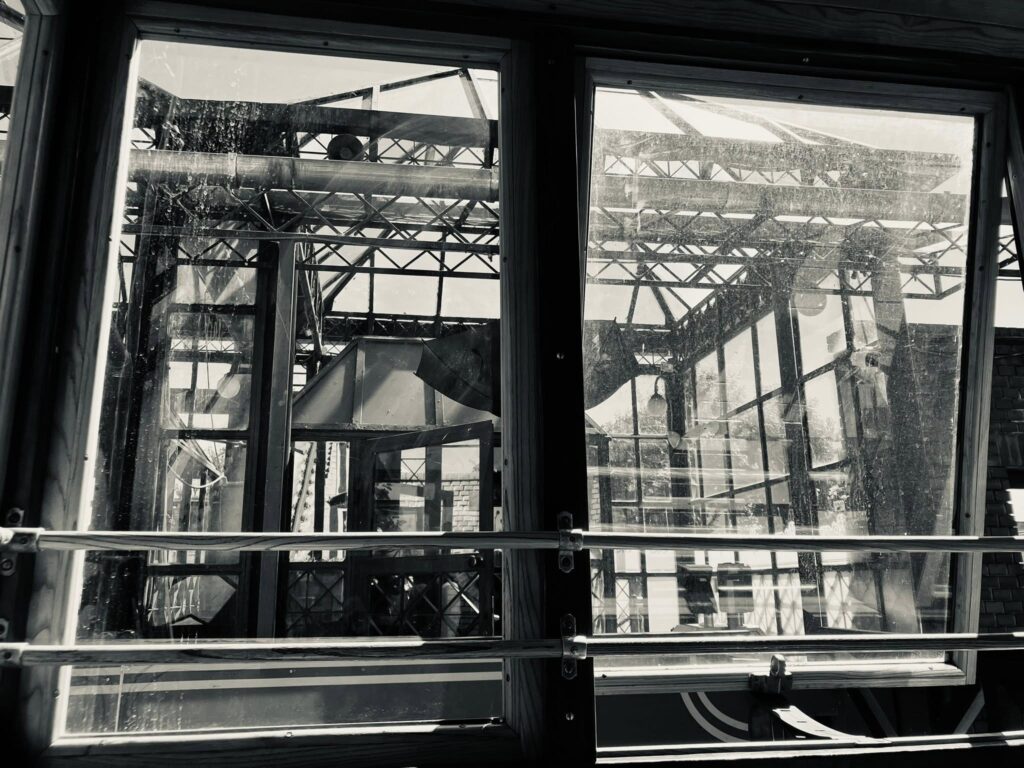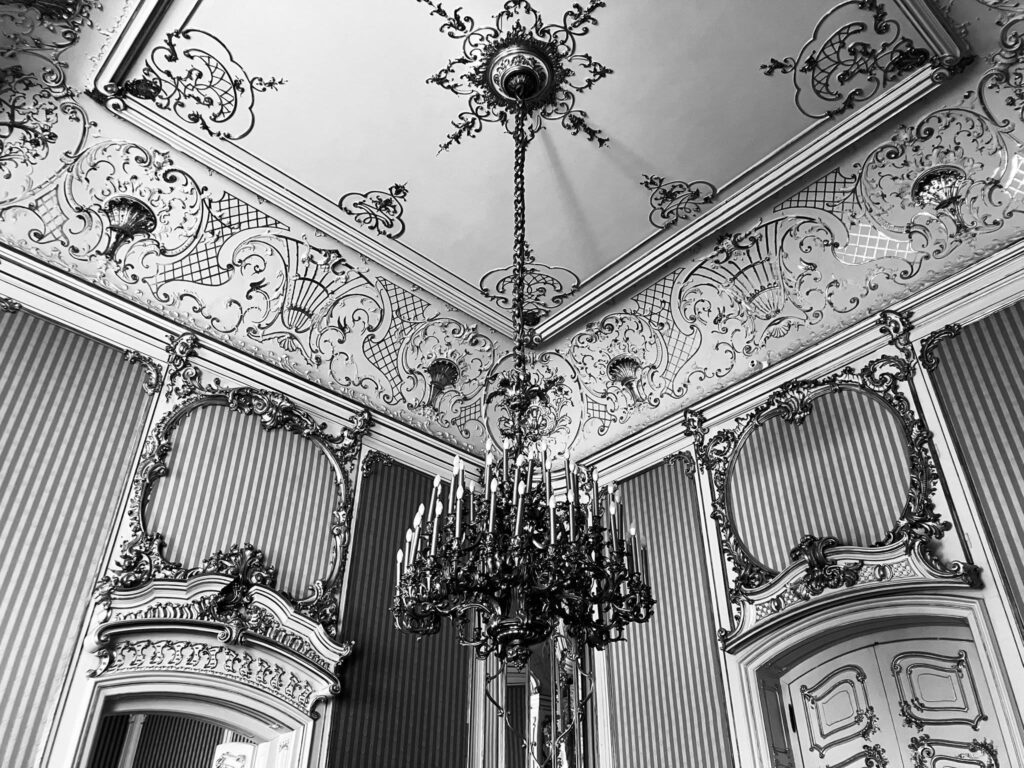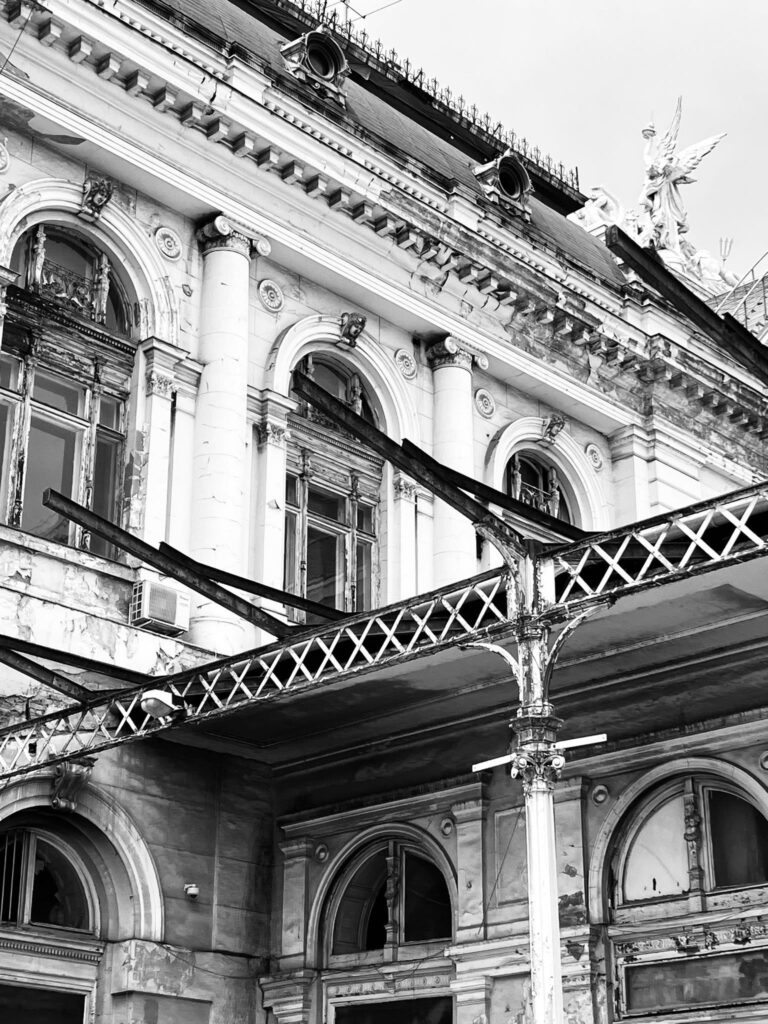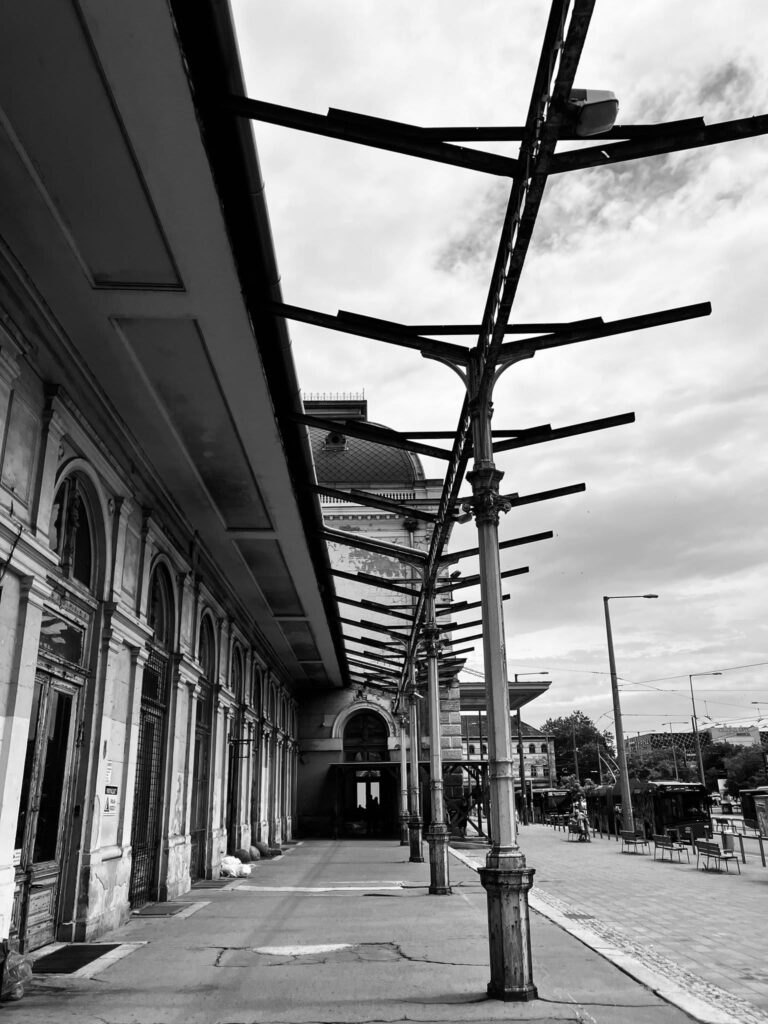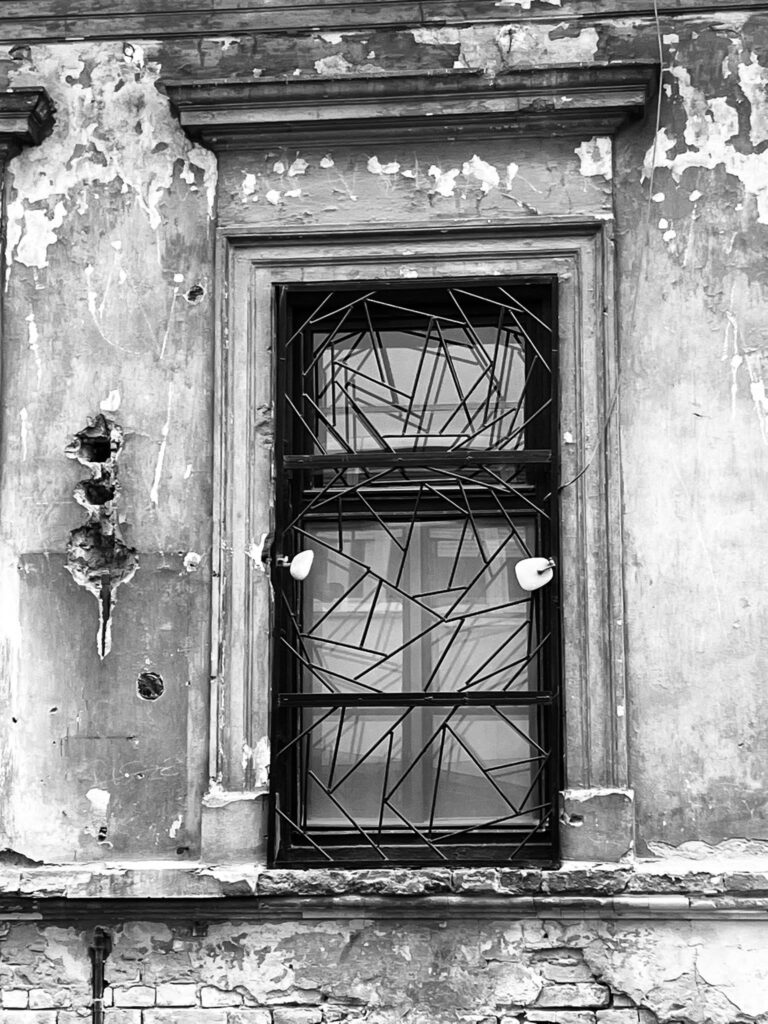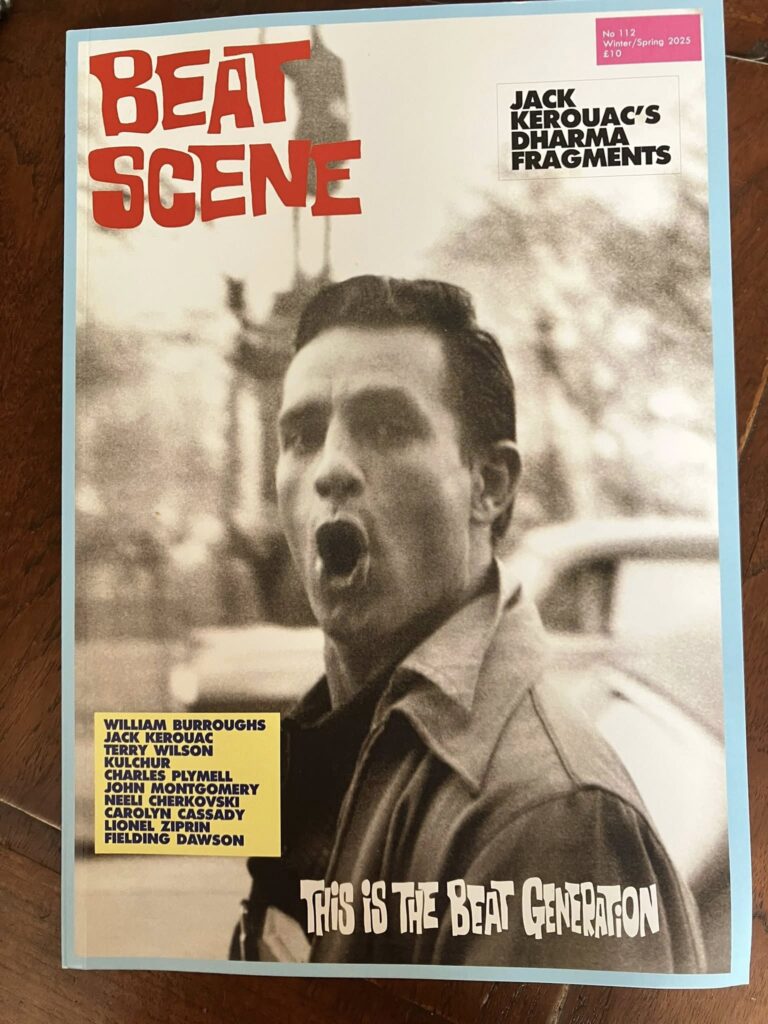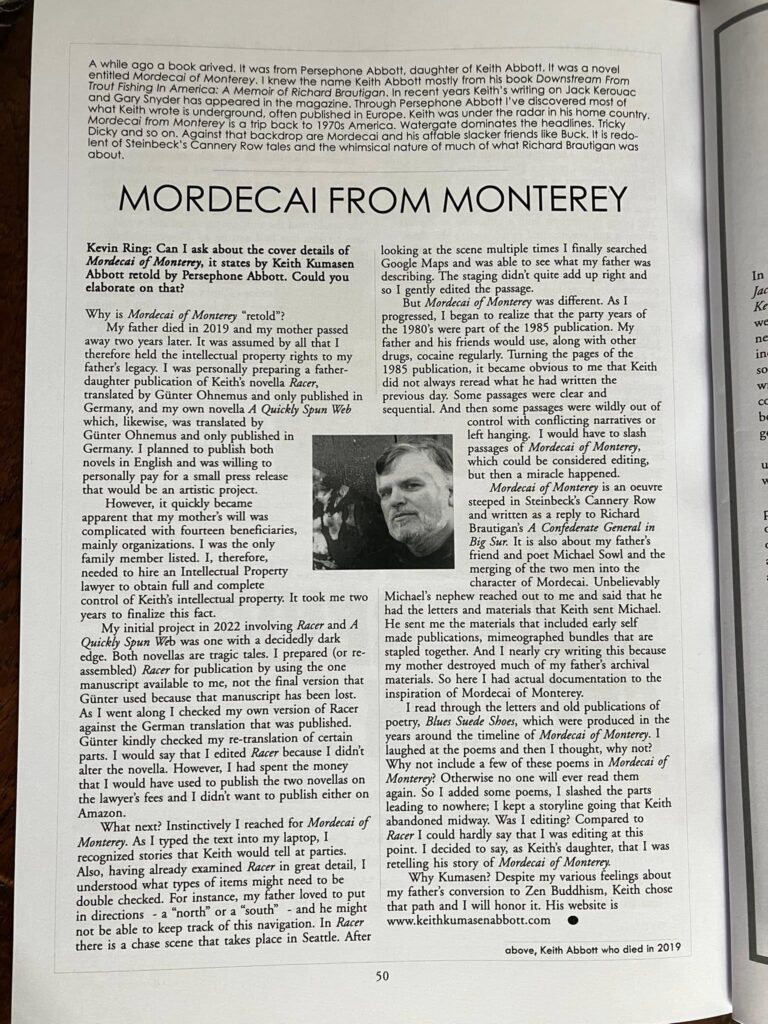2025 was a bit of a deadbeat year for me. Having cancelled one vacation due to poor health, it dawned upon me that life could end up being short. And then the medical news I was expecting wasn’t too bad after all. So, it boiled down to what did I want to do with myself for New Year’s Eve?
The people of the Netherlands have an unreasonable attraction to extreme amounts fireworks. Just the thought of this overindulgence provokes me to immediately plan to depart the country before the end of the year. And how many more New Year’s Eves was I going to experience at my age? Too many in the Netherlands or not enough elsewhere?
I wasn’t feeling up to taking a plane or a train.
A bus. I could take a bus to…..where? Four hours could get me from Amsterdam to Liege. I booked a round trip. I stood on a forelorn bus stop with a half a dozen other frozen people who had bought a bus ticket. The bus was more than half empty, just as I expected.
To entertain myself in Liege I bought a two day museum pass. But you have to remember it’s Belgium. A fact that came to my mind when I got to Liege and looked at the delapidated buildings. “Why is everything so run down?” I overheard a German tourist exclaim to a tour guide.
There are a fair number of museums in Liege and not all of them are open. (Because it’s Belgium.) So which ones were open on my two day pass? I enjoyed the Folk Museum mightily. As I looked up from examining my museum pass booklet while at the Folk Museum I realized that I was looking straight at another museum across the street. It was the Mulum. A museum about….lamps?
I tried the door. It did not open. A sign said to ring the bell. The man who opened the door was about my height and age. He asked, “You are alone?” He allowed me to enter the museum and then he switched on the lights. The place was filled with lamps and all sorts of bric-a-brac that had to do with lamps. I prepared myself for a swift tour of the museum.
A short tour was not on the curator’s agenda. He obviously felt personally responsible to impart his complete knowledge about lamps to each and every visitor. He asked me where I was from. We were speaking French which is a language I speak quite well. Upon learning that I live in the Netherlands this prompted the man to continue to speak to me in French but with the addition of doubling up words in Flemish so that I received the vocabulary of his subsequent lecture in two languages. It was annoying.
I decided to annoy him back. I let my facial expression slide into a blank canvas. It’s easy for me. I’m autistic. And when no information of interest is presented, I easily tune out. My guide first complained that people these days don’t know anything about lamps. “What would you call that?” He pointed at the lighting above the counter top.
“Flourescent,” I replied.
“Most people don’t know what that is, they say that it is neon,” the man said. “But it is flourescent. This,” he pointed to a sign placed on the wall, “is neon.”
He proceded to talk about oils, vegetal or animal. Then he said, “What do you call this?” he pointed at a small candle stuck in a lamp.
Since his main tactic was to insult the intelligence of his audience, I decided to take the short route, “You tell me.”
He informed me that the word that described what he was pointing at was a word that no one truly understood. He complained that in Dutch the word for candle was taken from latin “cerata” which was a candle made of tallow (animal oil). But that was not what he was pointing at, the object in question was not a “kaars” (candle in Dutch and apparently an inadequate noun because these days Dutch candles are generally not made of tallow) but a “bougie” (candle in French). Why did the French call it a bougie? He asked me this and didn’t wait for my answer. “Because it came from North Africa, and how did it get to Europe?”
I made a guess about trade routes. He refused my answer and stared at me, waiting.
I stared back at him.
He stared more at me.
Good God on earth, what was the man getting at? “The Crusades…” I hazarded.
“No! By boat!”
He was serious. I rolled my eyes.
Then he proceeded to show me a row of thick looking books, all authorities on lamps. “This one is Dutch, and the author is already passed away. This one is mine,” he said. “I need to have it reprinted. This one is Austrian, the author has passed away.” The implication was that the world was losing its experts on lamps.
“Here is my wife, she sang a song,” he pointed at an enlarged picture hanging on the wall of a woman standing next to an elephant. The elephant was wrapping its trunk around her head.
“Regardez!” he tapped the glass of the case of objects for which he was determined to clarify any misunderstandings I might foster. I admit I was looking the pile of railway lamps behind me. “Regardez!”
What was interesting was the water and air system the Romans used to push the oil to replenish the fuel and make the lamps burn longer. “Otherwise you had to constantly refill the lamps,” the man said. He said this more than once. In French, in Flemish, in French, in Flemish. “And did the rich people do this?” He looked at me expectantly, standing in front of a case filled with little terra cotta lamps from Ancient Rome.
“Slaves,” I said and moved a bit closer to the pile of railroad lamps.
He stopped talking for a moment. My reply seemed to throw him off. He did not immediately announce that I was unknowledgable about Roman history. We then entered the time of the greatest significance in lamp inventions, which was an upright fuel reservoir where fuel descended by force of gravity and a lamp could burn for hours. I was looking at an item I had seen in a medieval painting which up until then I had never identified as a lamp. Now I know.
“There are only a few places where gas lamps are still being used today,” he announced. We had made it into the mid 19th century. “Here I am next to the mayor,” he pointed at an enlarged photo on the wall. He explained that he had installed one street lamp in Liege that functions on gas. “But he doesn’t allow me to light the lamp for safety reasons.”
And….I was guessing that the insertion of this collection of lamps into the two day museum pass was the bestowing of a favor in order to give the man an audience either that or a way of getting tourists off the streets for a few hours.




